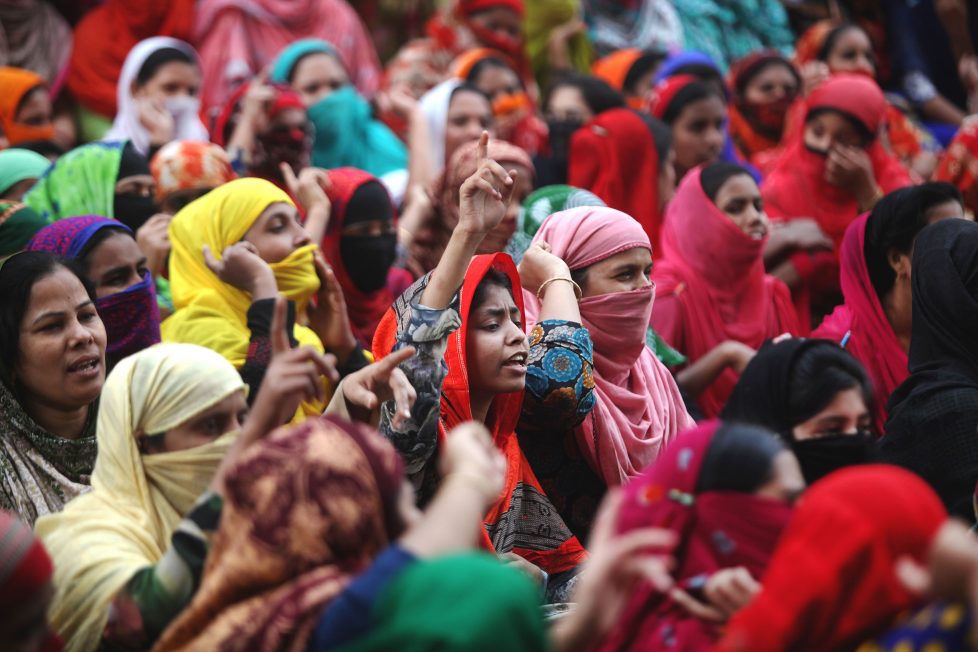Columbia cancels in-person classes to ‘reset’ as anti-Israel protests raise tensions

Columbia University canceled all in-person classes Mondayafter anti-Israel protests inundated campus this weekend, erecting an encampment and resulting in the arrest of over 100 protesters leaving many students at the prestigious school fearing for their safety.
Embattled President Minouche Shafik, who hasvowed to crack downon antisemitism, told students in an email that was also shared to the Ivy League college’s website that they “need a reset” as the increasing level of conflict has caused safety concerns for many students.
“I am deeply saddened by what is happening on our campus. Our bonds as a community have been severely tested in ways that will take a great deal of time and effort to reaffirm,” Shafik wrote. 3 Columbia President Minouche Shafik sent students a message Monday announcing classes would be held virtually amid the protests. Office of the President / Columbia university
“Students across an array of communities have conveyed fears for their safety and we have announced additional actions we are taking to address security concerns.”
Those fears, expressed by many Jewish students, were addressed Sunday by a prominent rabbi at the prestigious school, whourged Columbia and Barnard studentsto go home and stay there until conflicts on campus dissipate.
Shafik said tensions across campus have been “exploited and amplified by individuals who are not affiliated with Columbia who have come to campus to pursue their own agendas.”
“I understand that many are experiencing deep moral distress and want Columbia to help alleviate this by taking action. We should be having serious conversations about how Columbia can contribute,” Shafik said.
Shafik acknowledged there will be many opinions on how the university can do this, but noted they could not “have one group dictate terms and attempt to disrupt important milestones like graduation to advance their point of view.” 3 Anti-Israel demonstrators create another encampment on the lawn of Columbia University on Sunday. James Keivom
Classes will be held virtually on Monday in attempts to deescalate the situation on campusand take a “reset,”Shafik said.
Shafik said that a “working group of Deans, university administrators and faculty members will try to bring this crisis to a resolution” in the coming days.
“That includes continuing discussions with the student protestors and identifying actions we can take as a community to enable us to peacefully complete the term and return to respectful engagement with each other,” she said.
Shafik also encouraged students to report any incidents of intimidation or harassment they may now face on campus, noting “antisemitic language, like any other language that is used to hurt and frighten people, in unacceptable and appropriate action will be taken.” 3 The university insists it will not tolerate the protesters camping out in front of its library. LP Media
“We are a caring, mature, thoughtful and engaged community. Lets remind ourselves of our common values of honoring learning, mutual respect, and kindness that have been the bedrock of Columbia,” Shafik wrote.
“I hope everyone can take a deep breath, show compassion, and work together to rebuild the ties that bind us together.”
The campus and others around the nation have been hotbeds of antisemitic protests since Hamas terrorists pulled off a sneak attack on Israel on Oct. 7, with the Jewish state responding with a counter-offensive that has killed thousands in the Gaza Strip.
The show of blatant support for Hamas on American college campuses has rattled some students, particularly Jewish students.
On Sunday, a prominent rabbi at the prestigious schoolurged Columbia and Barnard students to stay home and university officials told them they could take classes online.
The Post has reached out to Columbia for comment.
